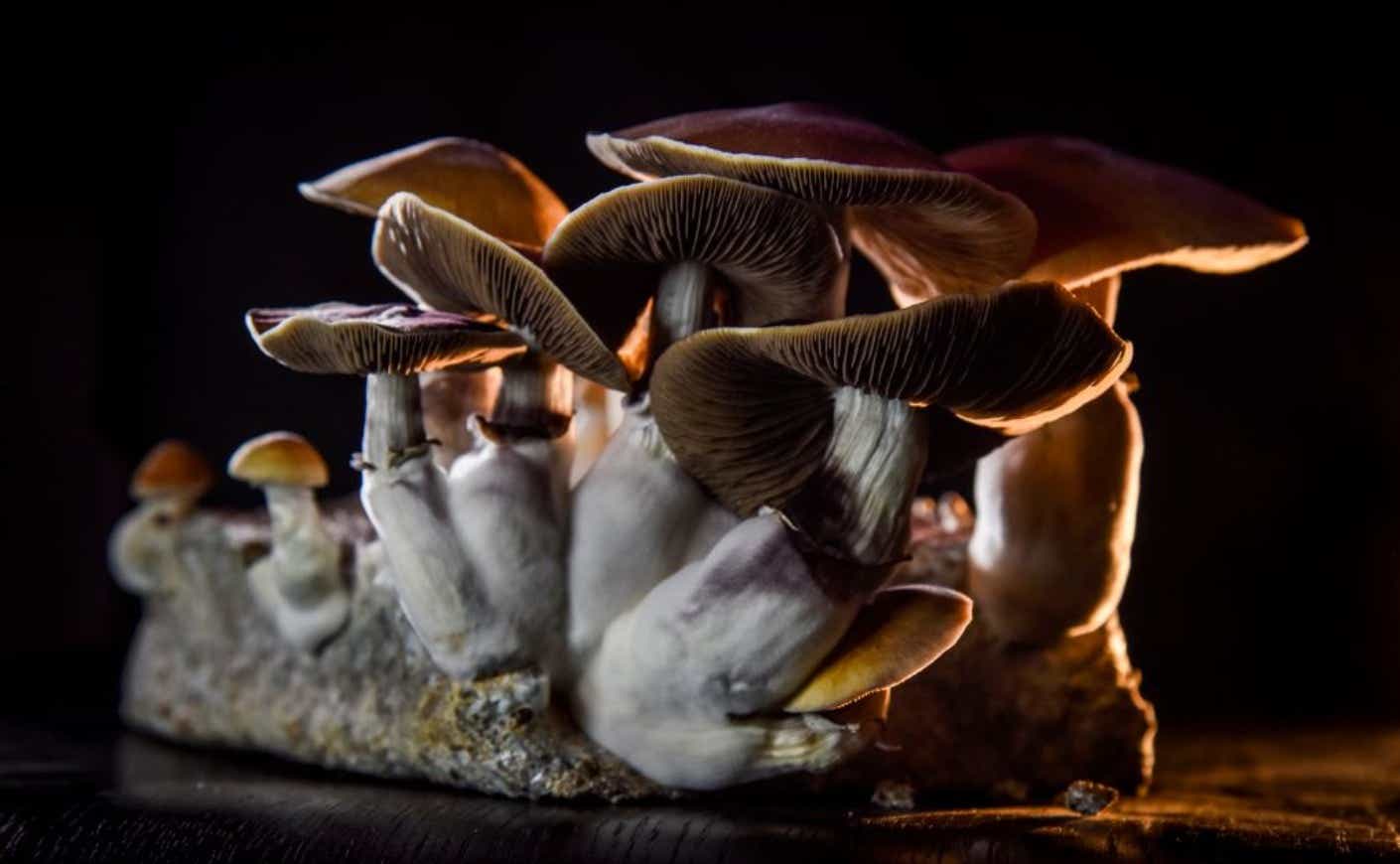Psychedelic drugs might seem like a relic of the 60s, but a new study published in Nature Medicine found that they might actually offer some serious mental health benefits.
Researchers from the Imperial College of London discovered that psilocybin, a compound found in magic mushrooms, appears to open up the brains of people with severe depression in a way not seen with traditional forms of treatments, like antidepressants.
“These findings are important because for the first time we find that psilocybin works differently from conventional antidepressants — making the brain more flexible and fluid, and less entrenched in the negative thinking patterns associated with depression,” says the study's senior author David Nutt.
The potential impact of this revolutionary treatment shouldn't be underestimated: An estimated 21 million Americans suffered at least one major depressive episode in 2020 — up from around 17 million in 2017, according to data from the National Institute of Mental Health and the Anxiety & Depression Association of America.
We break down the details of what researchers found in the study, the potential long-term improvements these trippy treatments can have on the brain, and why experts are expressing cautious optimism in early findings.
What did the study reveal?
Two studies found that psilocybin helps improve communication in the brains of patients with severe depression, offering a “liberating” effect, and freeing them of the negative thought patterns that are typically associated with the condition. Based on brain scans, researchers also discovered that this increased connectivity mirrored that of a healthy brain, which can bounce between the inevitable ups and downs of everyday life.
Time was also key: Participants reported a rapid and sustained improvement in their depression for up to three weeks after treatment. By comparison, those in the study who took the antidepressant escitalopram only reported a “mild improvement in their symptoms,” according to The New York Times.
But authors of the study stressed that to combat depression, psilocybin should be taken only under supervision from a doctor and licensed mental health professional. That is, if you can access it at all: The drug is still illegal in the U.S., and classified as a Schedule I substance under the Controlled Substances Act.
“Psilocybin, it would seem, allows you to see things in an entirely new light, particularly when you have a psychotherapist who can help guide you through that experience,” says one of the study's other authors, Richard Daws.
What does this study mean for other mental illnesses?
This study offers some hope for using psychedelics as an alternative for other mental illnesses. In fact, the team behind it is in the process of studying the use of psychedelics for anorexia and hoping to test its effects on treating addiction, too.
To be fair, these discoveries aren't necessarily brand-new: Psychedelic drugs like LSD, Ecstasy, and psilocybin have already shown some promise in treating a range of mental health issues, like post-traumatic stress disorder. Just last May, another study in Nature Medicine found that combining ecstasy with talk therapy significantly lessened or even eliminated symptoms of severe PTSD. While phase 3 clinical trials are still in progress, the Food and Drug Administration could approve this form of therapy as soon as next year.
What are other experts saying?
While the latest study is promising in many ways, experts believe it still leaves a lot of questions unanswered, and that there needs to be further research before it's clear that anyone with depression and anxiety should take to psychedelics for a cure. As some point out, the study's findings were based on a relatively short period of observing brain activity and was small in scope, only including about 60 participants.
“It’s a little bit like looking out into the universe with a telescope and seeing interesting things and then starting to build theories based on that,” says Dr. Stephen Ross, who serves as an associate director of the N.Y.U. Langone Center. “This is an important contribution, though I’m more interested in what happens in three months or six months.”









